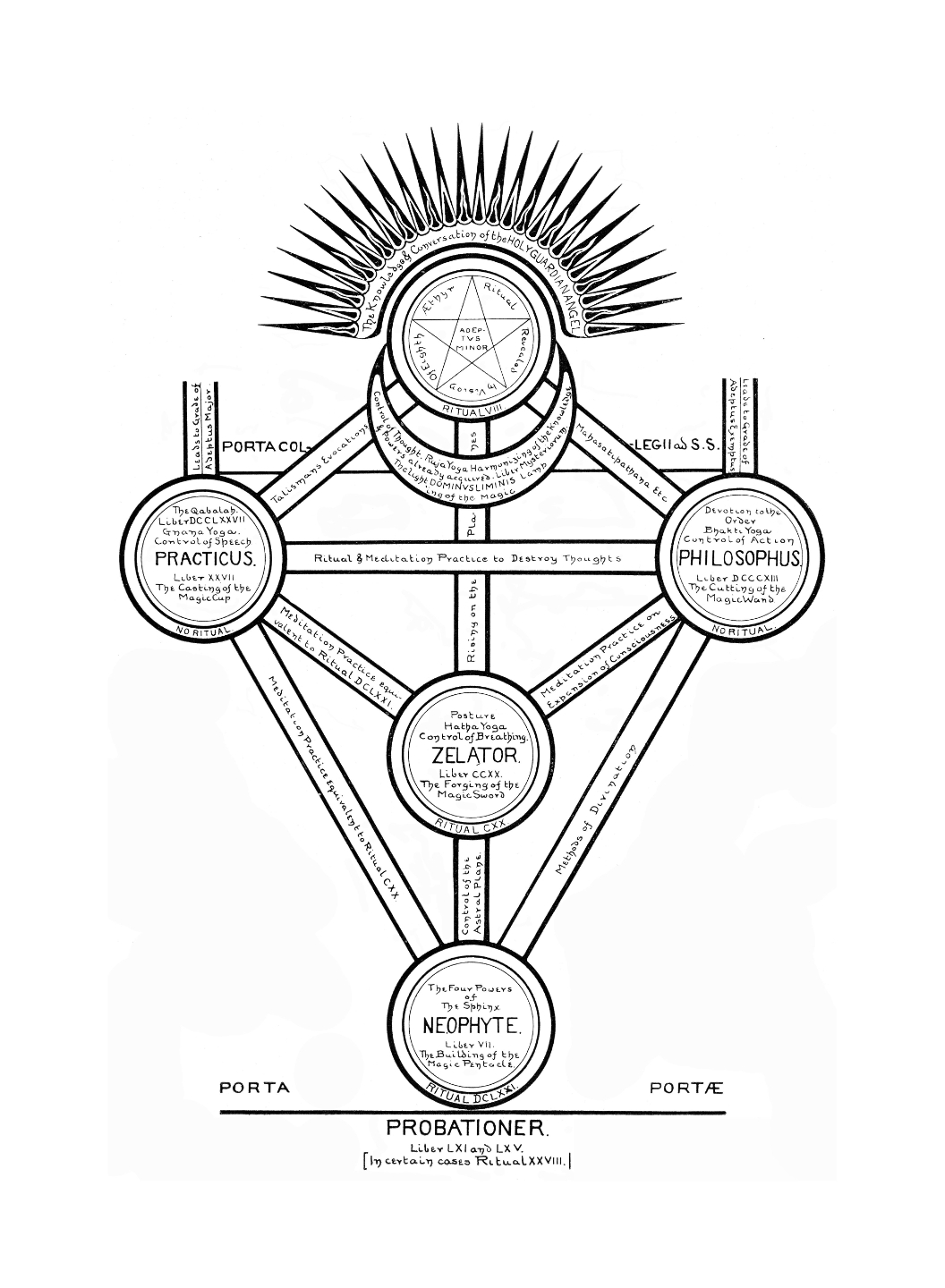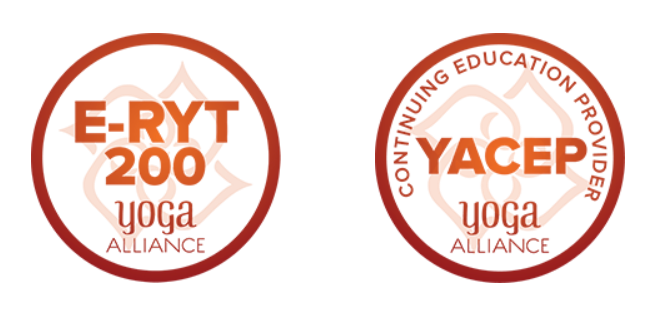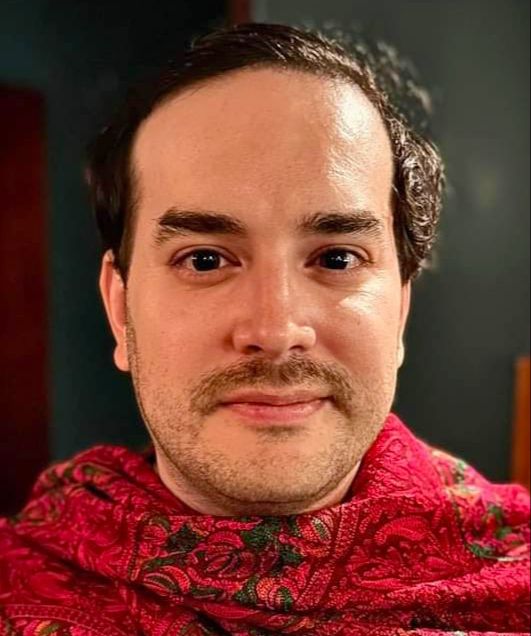
Course Description
In this course, we will examine exchanges between South Asia and the rest of the world that had a significant effect on yoga’s history and contemporary life. After setting the stage for how to view such exchanges in as holistic a way as possible, we will show the multiplicity of voices among esoteric authors and artists who wrote books, drew diagrams, and composed songs to try and apply structure to yogic engagement with what they perceived to be an infinite universe both externally and within the body.
Engaging these voices will bring us to examine texts and traditions from the eighteenth century to the present that reflect disparate yet sometimes strangely similar currents. These include currents and practices as varied as Islamic esotericism, theosophical meditation, and learned ritual magic(k), yet often united in a very yogic preoccupation with sustained individual control over the posture, breath, and mind.
Throughout the course, we will also highlight esotericism’s central place as an avenue of cultural exchange up to the present day. Whether or not you now or will after the course view such exchanges between yoga and esoteric worlds as hopelessly syncretic, inauthentic, or even problematic, the cultural and historical questions raised may very well be of profound interest.
Examples include: “How was yogic cosmology interpreted esoterically in Islamic and other seemingly distant religious terminology?” “What made yoga so interesting to weird-but-often-classy nineteenth- and early twentieth-century European, American, and Australian magicians, travelers, novelists, and poets?” “Are there examples of Indian authors on yoga who learned and engaged in esoteric practices?” “Was yoga ever seen as a kind of astral projection?” “How did esoteric authors and poets from any land justify removing or altering practices from specific religious and cultural contexts — isn’t that supposed to be wrong?”
Join us as we explore these and more topics of concern to yoga and esotericism in a culturally sensitive and nuanced way that reflects many recent developments in contemporary academic scholarship.

Course Modules
Module 1 — Yoga, esotericism, authenticity: Setting the stage
Module 2 — Lalon Fakir and Islamic esoteric yoga in the two Bengals
Module 3 — Indian Theosophical yoga from Colonial to Contemporary Contexts
Module 4 — Sri Sabhapati Swami and the magical reframing of yoga
Students Will Receive:
- 4 Pre-recorded Video + Audio lectures (90 min)
- 4 Pre-recorded Q&A sessions (90 min)
- 4 YS Credits
- 12 Hours of CE credit with YA
- Course Syllabus (PDF)
- Weekly Readings (PDF)
- 4 Multiple Choice Quizzes
- Yogic Studies Certificate (PDF)
- Access to the private Community Forum
Dr. Keith Edward Cantú
Postdoctoral Fellow in Asian Religious Traditions, Center for the Study of World Religions, Harvard Divinity School
Dr. Keith Edward Cantú is a research associate for the Transcendence and Transformation Database. As an emerging historian of religions, his interdisciplinary research especially focuses on South Asian yoga, tantra, and the interface between Sanskrit and Indic vernacular languages, especially Bengali and Tamil, and on the connected histories of yoga in global esoteric currents like Thelema and the Theosophical Society. Prior to Harvard, he was Visiting Assistant Professor at St. Lawrence University in Canton, New York.
Keith’s first monograph Like a Tree Universally Spread: Sri Sabhapati Swami and Śivarājayoga was published in 2023 by Oxford University Press. He has also co-edited a volume of Bengali Bāul songs and translations, published in 2017 as City of Mirrors: Songs of Lālan Sā̃i, and has authored numerous other articles and chapters on yoga and esoteric topics. Current projects include reprinting and translating Tamil and Hindi works of Sri Sabhapati Swami and of his gurus, and a second monograph on the connected histories of yoga and learned magick in the Thelema of Aleister Crowley. Keith has extensively researched and directly engaged Bāul Fakiri, Tamil Śaiva, and other tantric and musical currents over the course of his twelve years of fieldwork in and writing on India and Bangladesh. He regularly teaches and shares his research and music at the Esalen Institute and online at Yogic Studies.
This course is eligible for 12 hours of Continued Education (CE) credits with Yoga Alliance

Stay Informed
Sign up for the Yogic Studies mailing list to find out first about upcoming courses, podcast episodes, promotions, events, and the latest research delivered straight to your inbox.


